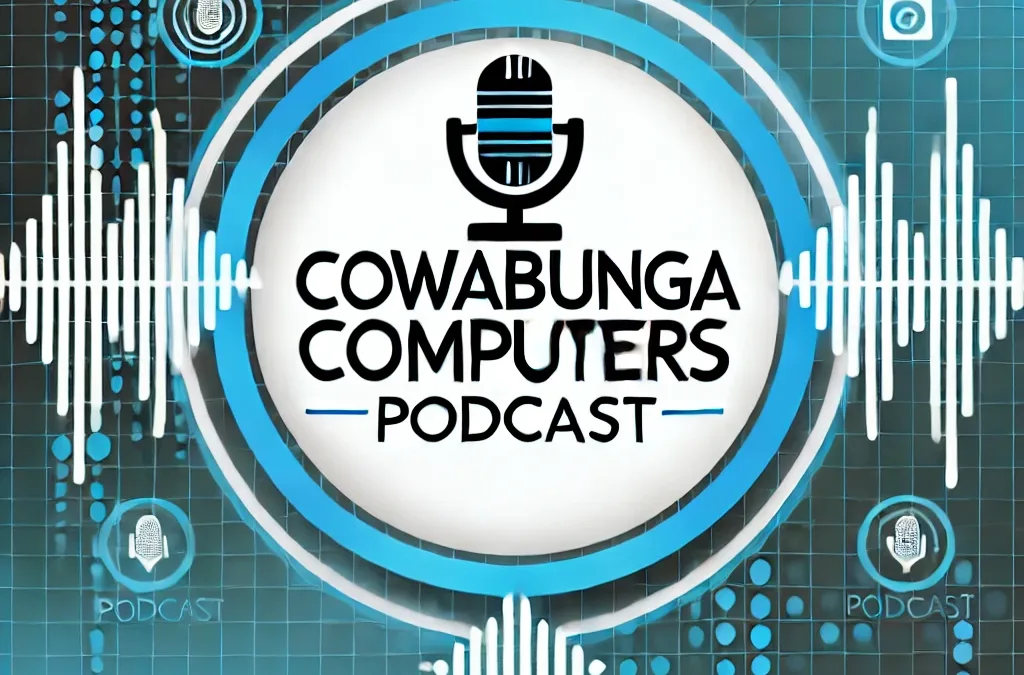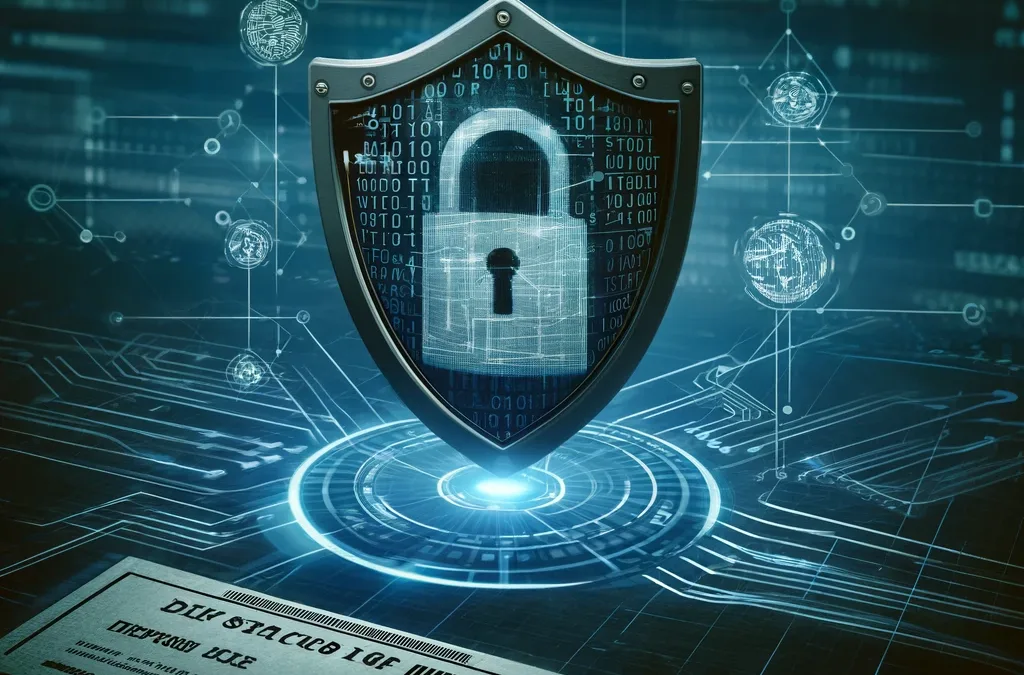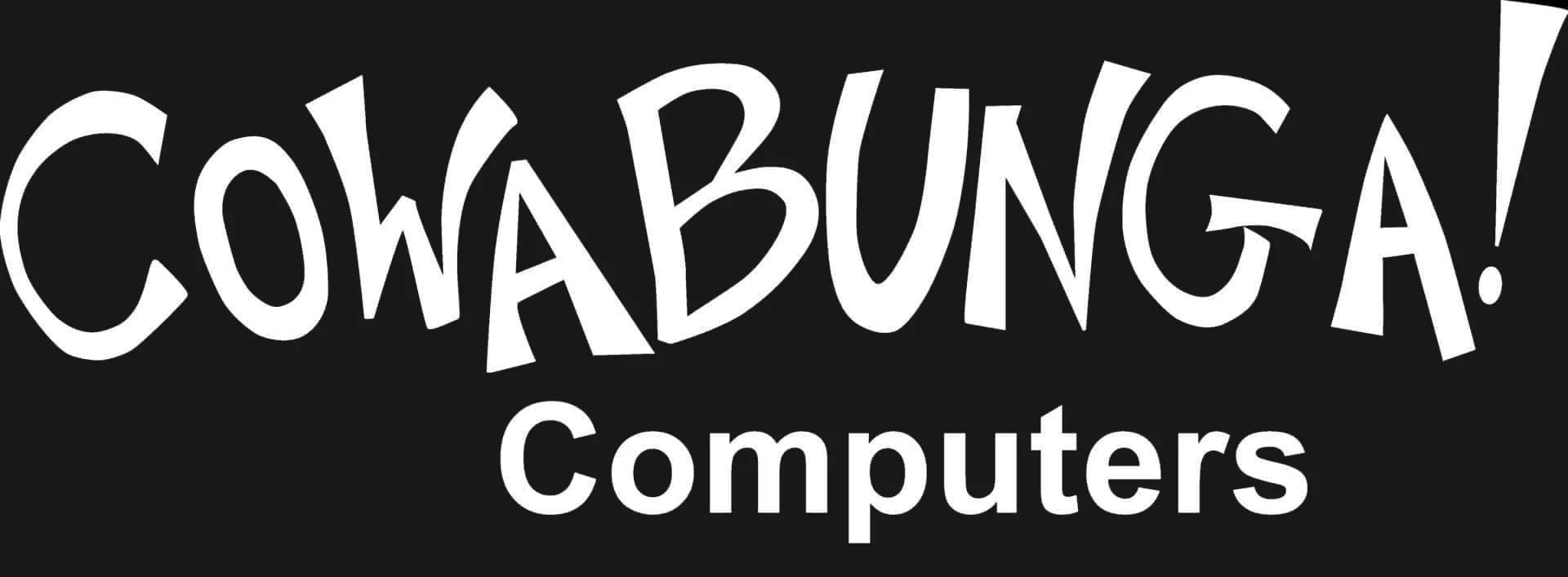
by Brandon Arakaki | Oct 25, 2024 | Podcasts
In this episode, we dive into a potential client’s precarious IT setup—a 15-year-old server, no domain structure, and a mishmash of outdated computers all spell disaster for this construction business. Join us as we analyze the risks, costs, and Cowabunga...

by Brandon Arakaki | Oct 23, 2024 | Podcasts
As a small business owner, you’re constantly juggling multiple responsibilities—keeping your team productive, managing customer relationships, and staying ahead of the competition. Technology plays a big role in helping you achieve these goals, but it can...
by Brandon Arakaki | Oct 23, 2024 | Podcasts
In this episode of “Unlocking Microsoft 365 for Small Business Success,” we take a deep dive into how small businesses can harness the full potential of Microsoft 365 Business Premium. Join us as we discuss its powerful suite of tools—from familiar apps...

by Brandon Arakaki | Oct 15, 2024 | Podcasts
In this episode, we dive deep into the world of ransomware—what it is, how it works, and why it’s a growing threat for small businesses. We’ll explore the different types of ransomware attacks, share real-world examples, and discuss essential prevention...

by Brandon Arakaki | Oct 15, 2024 | Cybersecurity
Protect Your Business from Ransomware: A Guide by Cowabunga Computers In today’s digital landscape, small businesses are facing an increasing threat from ransomware. As cybercriminals continue to refine their tactics, even the most secure networks can fall victim to...





